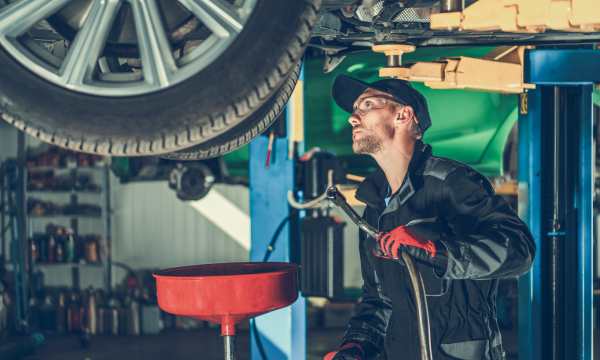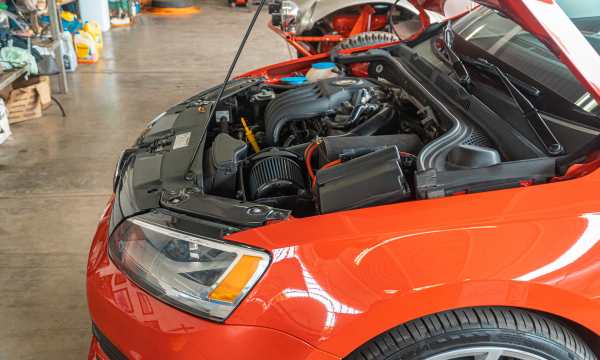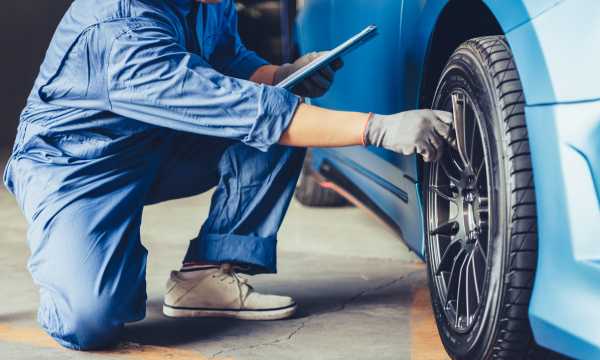Brake Maintenance Tips for Your Safety
Maintaining your brakes is an important part of your car’s maintenance that you should never forget. The most important safety feature of a car is the brakes.
How well they work can mean the difference between a safe stop and a dangerous one. This article will discuss important brake maintenance tips to help you stay safe and ensure your brakes last as long as possible.
Understand How Brakes Work:
Before you start looking at repair tips, you should know the basics of how your car’s brakes work. Today, most cars are equipped with disc brakes on all four wheels, and many cars are only equipped with disc brakes on the two front wheels. The system includes brake pads, rotors, calipers and a hydraulic system with brake fluid. Every part is important for safe parking.
Check the Brake Pads and Rotors Regularly:
If you use the brakes often, the brake pads and wheels wear out. Over time, the friction material on the brake pads wears out. If the rotor is not replaced in time, it can also be damaged. As a general rule, you should inspect your brake pads every 6,000 to 20,000 miles and replace them with new ones if the material is less than 1/4 inch thick. Whenever you replace your brake pads, inspect the rotors for signs of damage or excessive wear. If found, it should be polished or replaced.
Pay Attention to the Braking Noise:
Noise is one of the most common signs of brake problems. If you hear a squeaking or grinding noise when braking, the brake pads are worn and should be replaced immediately. Ignoring these sounds can cause more damage, resulting in more expensive repairs.
Pay Attention to Brake Fluid:
Brake fluid is an important part of the hydraulic system that ensures that the brakes work properly. Over time, the brake fluid can become contaminated with water, reducing braking performance and even causing rust in the system. It’s a good idea to check the brake fluid level regularly and flush and replace it as often as the car manufacturer recommends (usually every two years).
Don’t Ignore Warning Lights:
Today’s cars are equipped with systems that sound the alarm if there is a problem with the brakes, such as a lack of brake fluid or worn brake pads. If the brake warning light comes on in your car, you should fix the problem immediately. Ignoring these signals can jeopardise your safety and lead to bigger problems.
Follow Good Driving Practices:
Your driving style also affects how long the brakes last. Doing things like slamming on the brakes and hitting the brakes will wear out the brake pads and wheels faster. Instead, try to plan your stops in advance and slow down gradually. This not only extends the life of the brakes but also saves gas.
Schedule Regular Brake Inspections:
Regardless of whether you notice any problems with your brakes, you should still have them inspected by an experienced mechanic at least once a year. They can spot problems that the average driver may not notice and ensure that all components of the braking system are working properly.
DIY vs Hire a Professional:
Some brake maintenance, such as checking the brake fluid level, can easily be done at home. Other tasks, such as replacing brake pads or flushing brake fluid, are best left to the professionals. They know how to do these jobs safely and properly because they have the right tools, knowledge and experience.
Conclusion:
For your safety and the safety of others on the road, maintain your brakes regularly. By understanding how your car’s brakes work, paying attention to warning signs and performing regular maintenance, you can ensure that your brakes work perfectly when you need them. Remember that with a little care, you can prevent many problems with your brakes. Don’t wait for a problem to occur; preventive maintenance is the key to safe and effective braking power.
FAQs:
1. How often should I inspect my brake discs and pads?
You should inspect your brake pads every 10,000 to 20,000 miles. When replacing the brake pads, inspect the brake rotors for damage or excessive wear and replace or clean them as necessary. But these times can change depending on how you drive and the weather you drive in.
2. How do I know when it is time to replace the brake pads with new ones?
If you hear a squealing or grinding noise when you brake, if it takes longer to stop, or if the brake pads are less than 1/4 inch in diameter, it’s time for new brake pads. The loud squealing that many brake pads make when they are worn is another sign that they need to be replaced.
3. How often should the brake fluid be replaced?
Most car companies say that brake fluid should be flushed and replaced every two years, or at the intervals specified in your vehicle’s owner’s manual. This keeps your brakes in top condition and prevents the braking system from becoming dirty or rusty.
4. What does the parking light mean when it comes on?
If the warning light comes on, there may be a problem with your brakes: too little brake fluid, worn brake pads, or a problem with the hydraulic system that controls the brakes. If you see this warning, you should immediately contact a professional repairman to identify and resolve the problem.
5. Does my driving style influence the braking time?
Yes, the way you drive can have a major impact on the life of your brakes. If you brake hard, slam on the brakes, and drive fast, your brake pads and rotors will wear out faster. Improving your driving habits, such as gradually slowing down and planning your stops in advance, can help you brake longer.
 Car Maintenance Tips
Car Maintenance Tips
Discover essential car maintenance tips to keep your vehicle running smoothly and efficiently. 1. Introduction Regular car […]
More Seasonal Car Maintenance Tips for Year-Round Performance
Seasonal Car Maintenance Tips for Year-Round Performance
Maintaining your car is important to ensure that it lasts as long as possible, remains safe and […]
More Top 5 Essential Car Maintenance Tasks Every Beginner Should Know
Top 5 Essential Car Maintenance Tasks Every Beginner Should Know
For beginners, it can be difficult to find your way around the field of car repair. That […]
More